Communicate your complete sustainability story in a single, comprehensive report.
An EPD will cover the environmental impact of a product’s journey, from cradle to grave.
The EPD gives a holistic view of your product’s journey. Assessment begins at the extraction of raw materials, then considers transport, manufacturing, maintenance, disposal and, if applicable, recycling.
Work with us to see where changes can be made to ensure the carbon footprint of your product is as low as posisble.
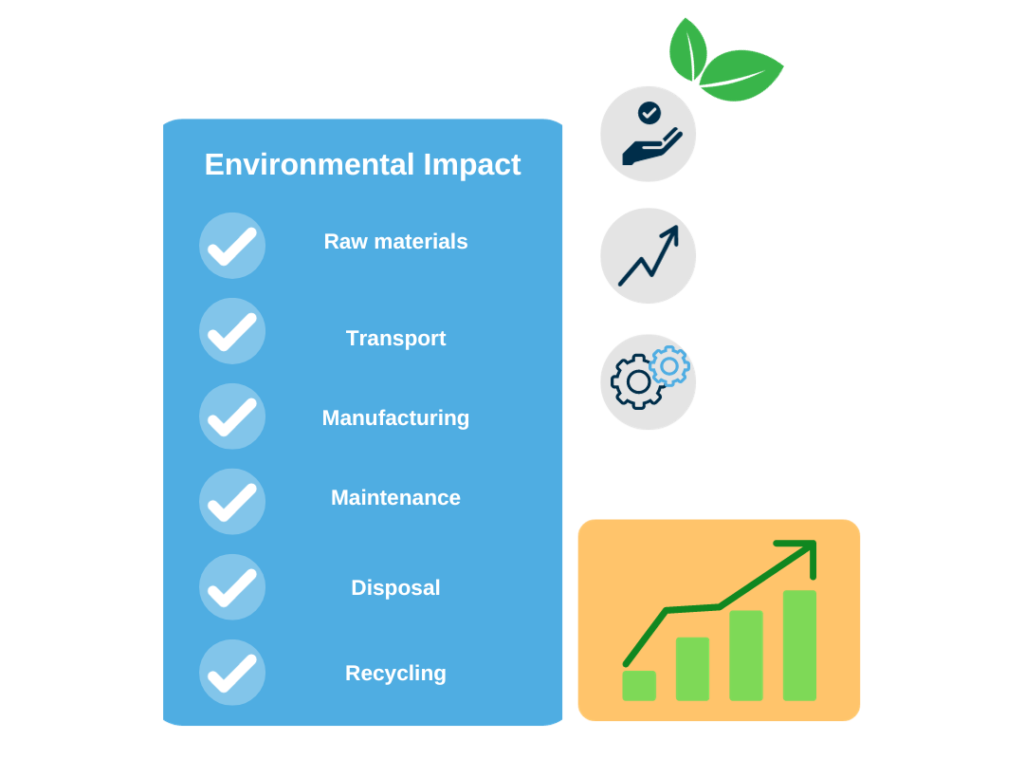
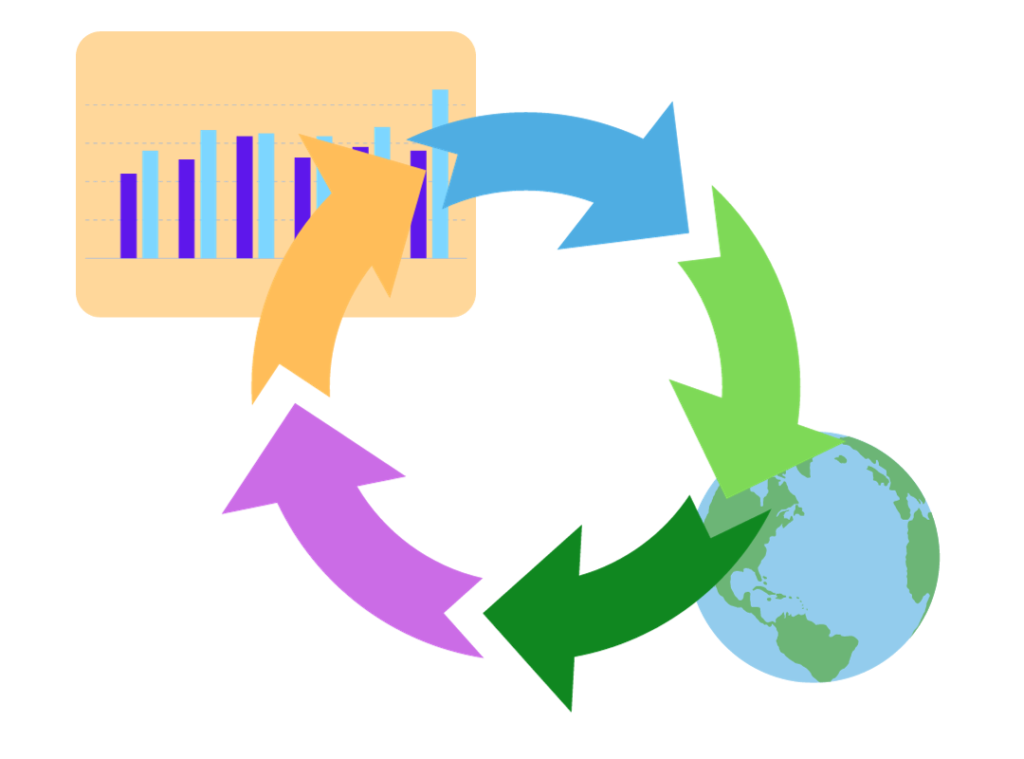
An LCA shows the environmental impact of your product at every stage of its life cycle in one, single comprehensive report.
Carbon is emitted at every point of a product’s life cycle, through transport, manufacturing, installation and more. Let us break down how much carbon is emitted at each stage of your product’s lifetime, so you know where you’re doing well and where you need to make changes.
Download our free LCA & EPD guide here
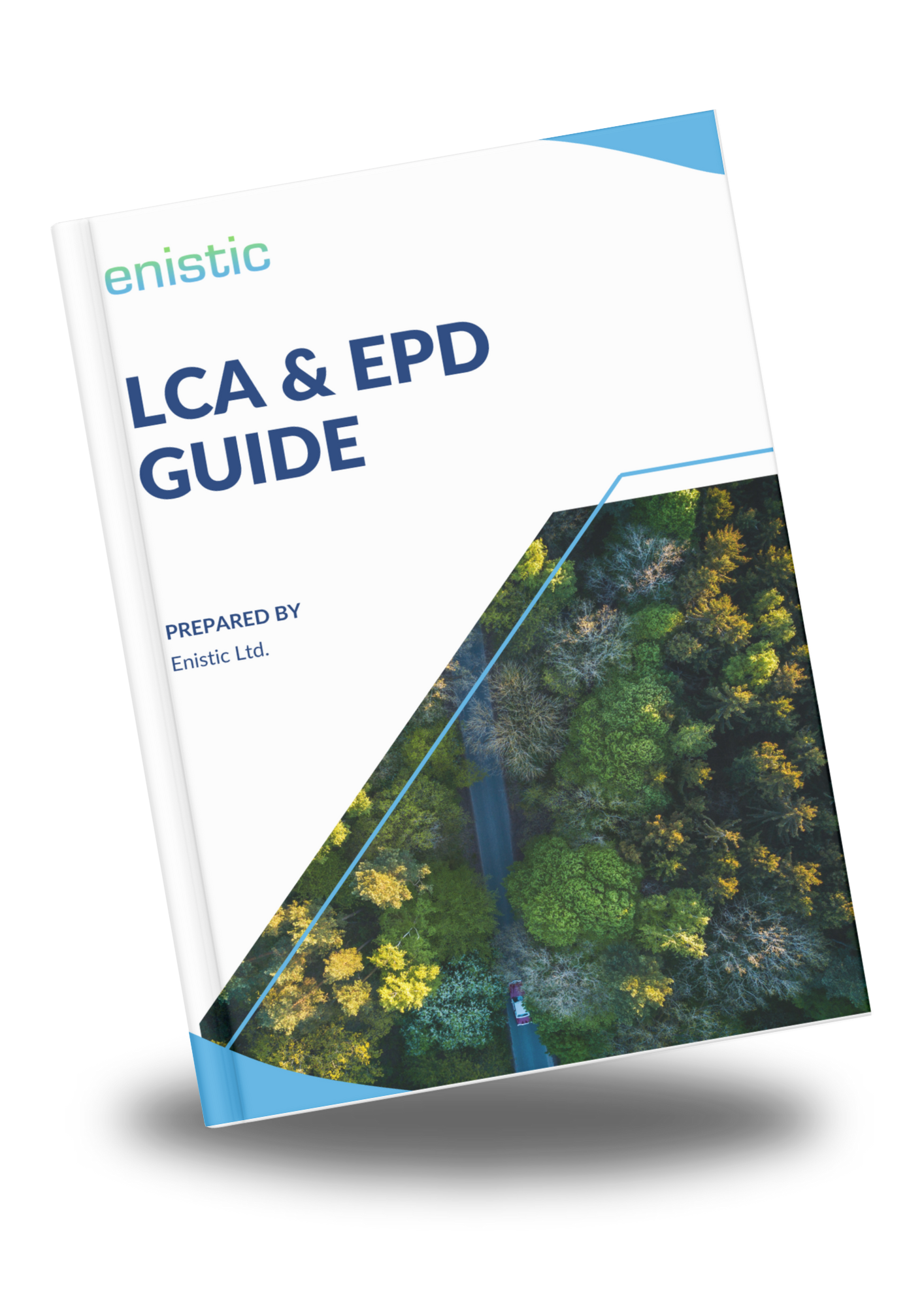

EPDs, or Environmental Product Declarations, are a verified assessment of the environmental impact of a product or material, from production to waste.
An LCA or Life Cycle Assessment is the foundation of any EPD. It provides a framework for measuring the environmental impact of a product by looking at all stages of the production process, including raw material extraction, manufacture, transport, use and maintenance, and disposal and recycling.
An EPD is a verified LCA. That means every EPD produced by Enistic has been verified by a third party, which adds to the credibility of the report.

An EPD can help your organisation reduce its Carbon Footprint, cut costs, and meet sustainability goals. By assessing your carbon emissions and developing a tailored EPD, Enistic can provide you with a roadmap towards a more sustainable product, from creation to waste.

Any business that wants to improve its sustainability and reduce its carbon footprint can benefit from an EPD. EPDs are primarily intended to facilitate business-to-business transactions, although they may also be of benefit to consumers who are environmentally focused when choosing goods or services.
An EPD is particularly beneficial to your organisation if looking to achieve a sustainability rating for a project, such as BREEAM (Building Research Establishment Environmental Assessment Method), or if your looking to advertise your product or service as ‘environmentally friendly.’

It’s never too early for an organisation to start thinking about its Carbon Footprint and sustainability goals. Companies can benefit from creating an EPD at any stage of their sustainability journey, whether they are just starting out or have been working towards sustainability for some time. With growing demand for companies to prove the sustainability of their product, it’s becoming increasingly beneficial for your company have a document that quantifiably demonstrates the environmental impacts of a product.

To get an EPD, data will be collected through audits. From there, Enistic will compile the data collected and produce a report which guarantees:
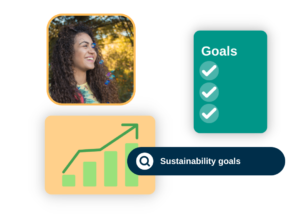
A survey by PwC found that 77% of people considered a company’s environmental record when deciding who to buy from.
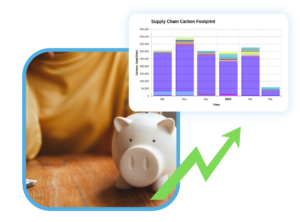
Nielsen reported that 66% of consumers would pay more for products from a sustainable brand, and 81% of global consumers strongly felt that companies should be helping the environment.
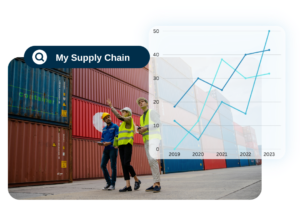
A report by McKinsey found that 80% of a consumer goods company’s greenhouse emissions come from suppliers.

By harnessing the power of data and technology, we’re not only reducing carbon emissions, but also empowering organisations to achieve their sustainability goals.
Rebecca Eccles, Analyst


Let’s grab a virtual coffee and chat! Our team is always happy to discuss how we can help your business achieve its sustainability goals.
Contact us today to schedule a virtual meeting.
| Thank you for Signing Up |

